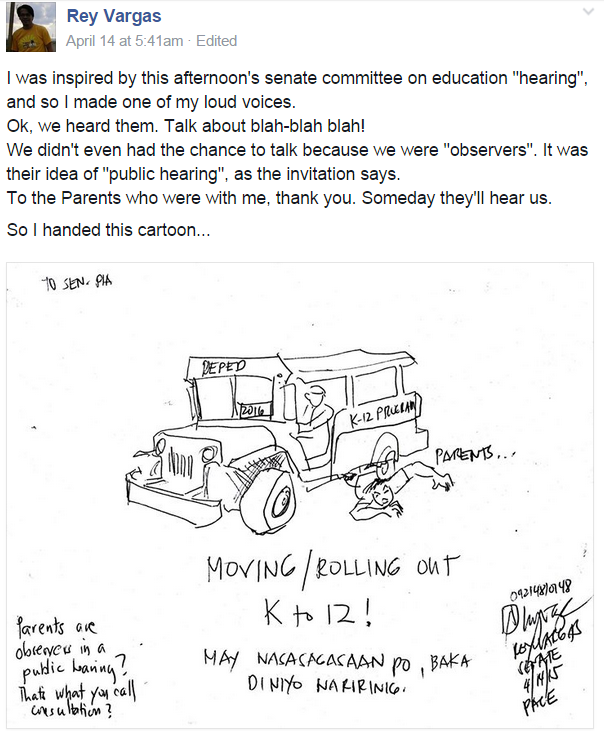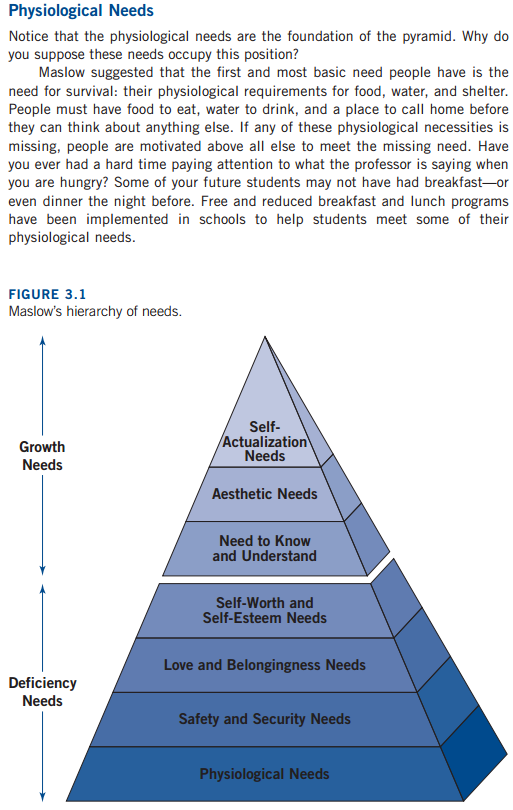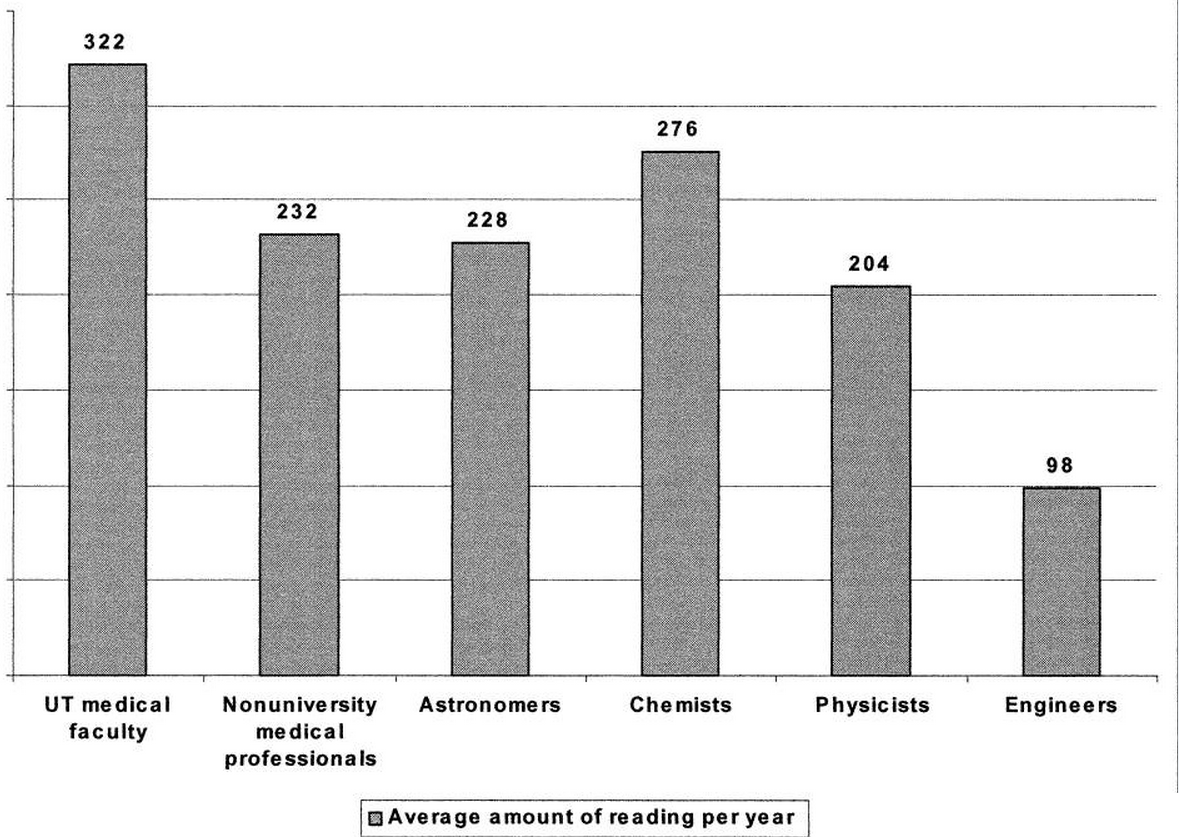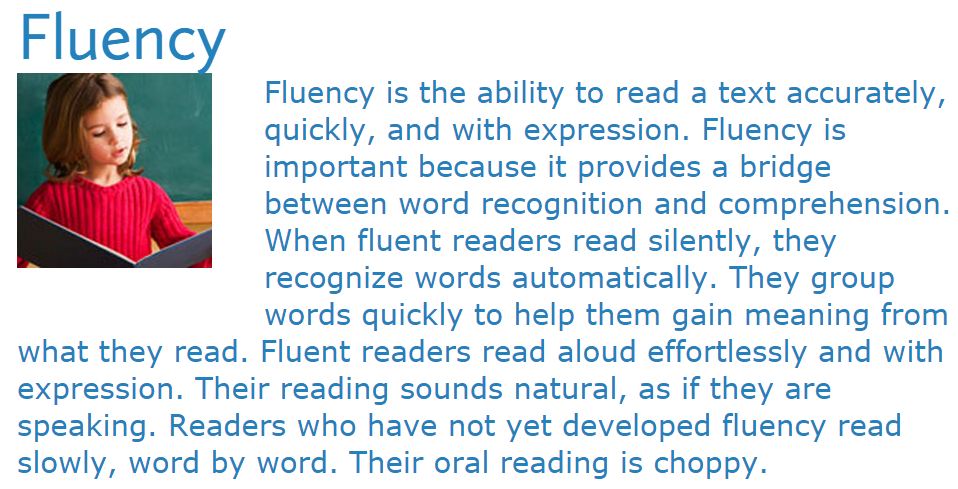Lessons From Thailand

An article published in the Asian Correspondent talks about Thailand's education reform and how it has failed to address so many issues, most importantly, the existing inequity in education. It is particularly striking to see the Philippines mentioned in one of the sentences. And it is not gratifying: " According to this most recent data, the only countries in Asia with a worse record of opportunities for education are India, Pakistan, Bangladesh and the Philippines. " The reform described in the Asian Correspondent is similar in scope and size as the Philippines' DepEd K+12 curriculum. Borgen Magazine distills Thailand's most recent education reform in two paragraphs: The third wave of reform began in 1997 and came to a close recently in 2010. It has been the most complex and extensive reform period thus far, and has called for a number of changes: it guaranteed government-provided education for 12 years. Many universities became autonomous...












